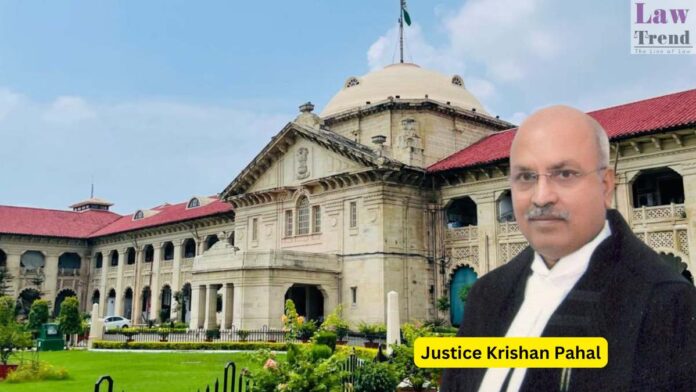In a crucial judgment that highlights the importance of cogent evidence in criminal trials, the Allahabad High Court, under the bench of Justice Krishan Pahal, granted bail to Rupesh Kushwaha in a dowry death case. The court observed that delays in filing the FIR, inconsistencies in the investigation, and lack of a clear link between
To Read More Please Subscribe to VIP Membership for Unlimited Access to All the Articles, Download Available Copies of Judgments/Order, Acess to Central/State Bare Acts, Advertisement Free Content, Access to More than 4000 Legal Drafts( Readymade Editable Formats of Suits, Petitions, Writs, Legal Notices, Divorce Petitions, 138 Notices, Bail Applications etc.) in Hindi and English.




